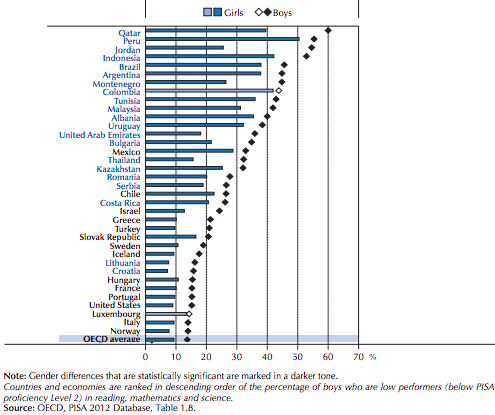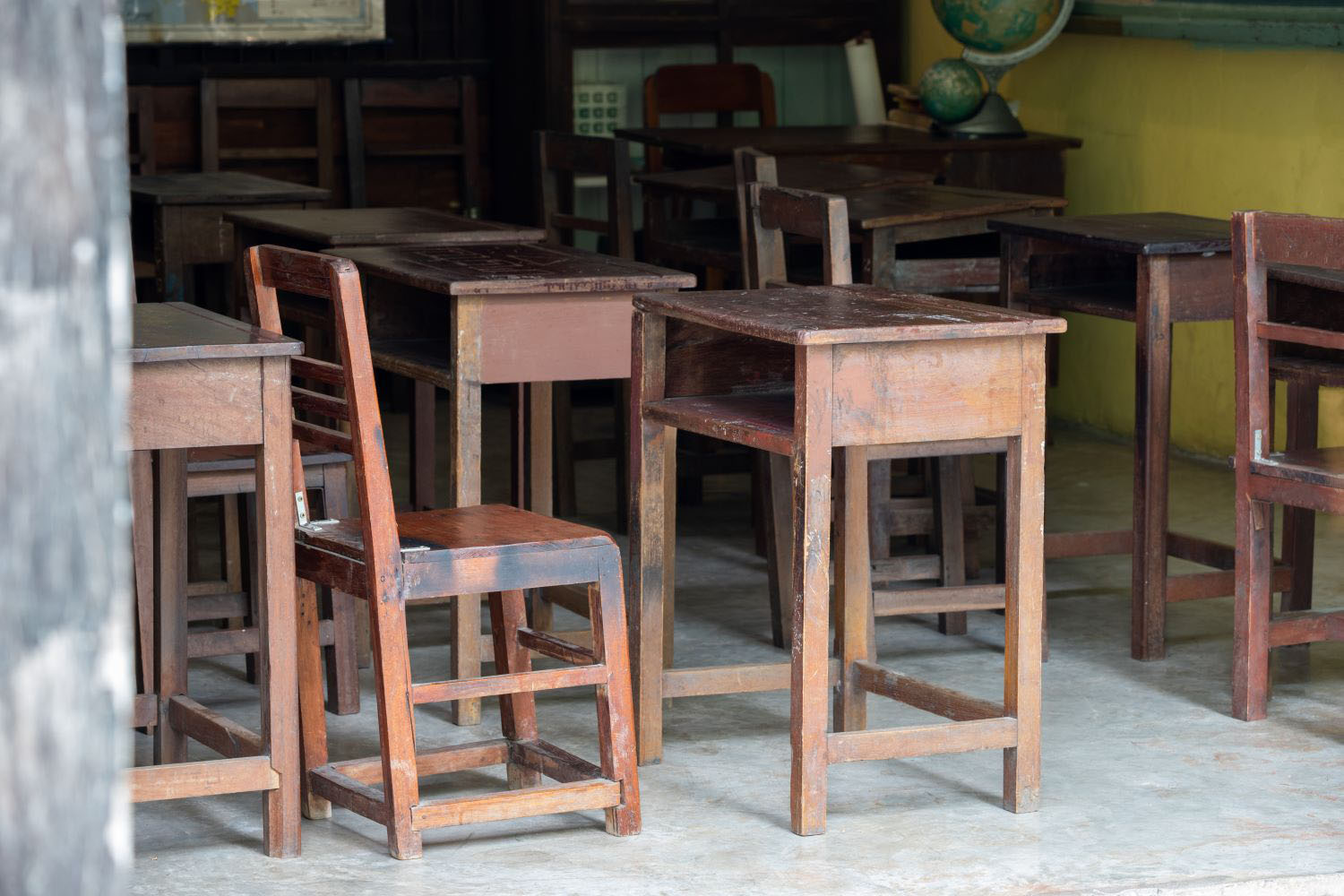Education Links is a periodic summary of relevant links from RISE (Research on Improving Systems of Education), CGD’s initiative on education reform in the developing world.
1
What works to improve student learning in the developing world? The jury is in, and it's hung. A new systematic review of systematic reviews (now that’s meta!) by the World Bank’s Dave Evans finds disagreement on which interventions work to raise test scores.
2
Are the Sustainable Development Goals like second marriages: "the ultimate triumph of hope over experience”? Kevin Watkins argues no; though it is easy to be cynical, the new goals “could play a role in galvanizing action” on education.
3
Tired of your job? Maybe you could become a Cambridge don. Cambridge University's Department of Education is hiring a Reader in Education — Cambridge-speak for a tenured associate professor.
4
Results from a new RCT show that Un Buen Comienzo, “the Cadillac of ECD programs,” had effects on teacher behavior but not child outcomes after two years.
5
Boys aren’t learning. A new OECD study finds that boys are more likely to be low achievers than girls in a wide range of countries, including many developing countries. The figure below shows the percentage of 15-year-olds who are low achievers in reading, science, and mathematics — bars for girls and diamonds for boys. Despite this boys still lead girls in studying science and engineering at university (39 percent and 14 percent, respectively).
Percentage of students who are low achievers in all subjects
6
800 Private Schools in Lagos are now running their own exam system to help prepare kids for official national tests at the end of primary and secondary. They will be testing kids each year from grade 3 in the run up to official tests. Also in Nigeria, the DFID education research project there is now blogging.
7
A school in India goes missing. Last week the minister for social justice in Maharashtra, India, made a surprise visit to a residential school for the disabled — only to find the whole building empty. The minister was told that all the students and teachers "may be on leave." The overall fiscal cost of teacher absence in India is around $1.5 billion per year.
8
USAID recently launched the Early Grade Reading Barometer, which presents EGRA results through a set of interactive visualizations to help you explore the data. So far there are just six countries; we look forward to seeing more results soon.
CGD blog posts reflect the views of the authors, drawing on prior research and experience in their areas of expertise.
CGD is a nonpartisan, independent organization and does not take institutional positions.






